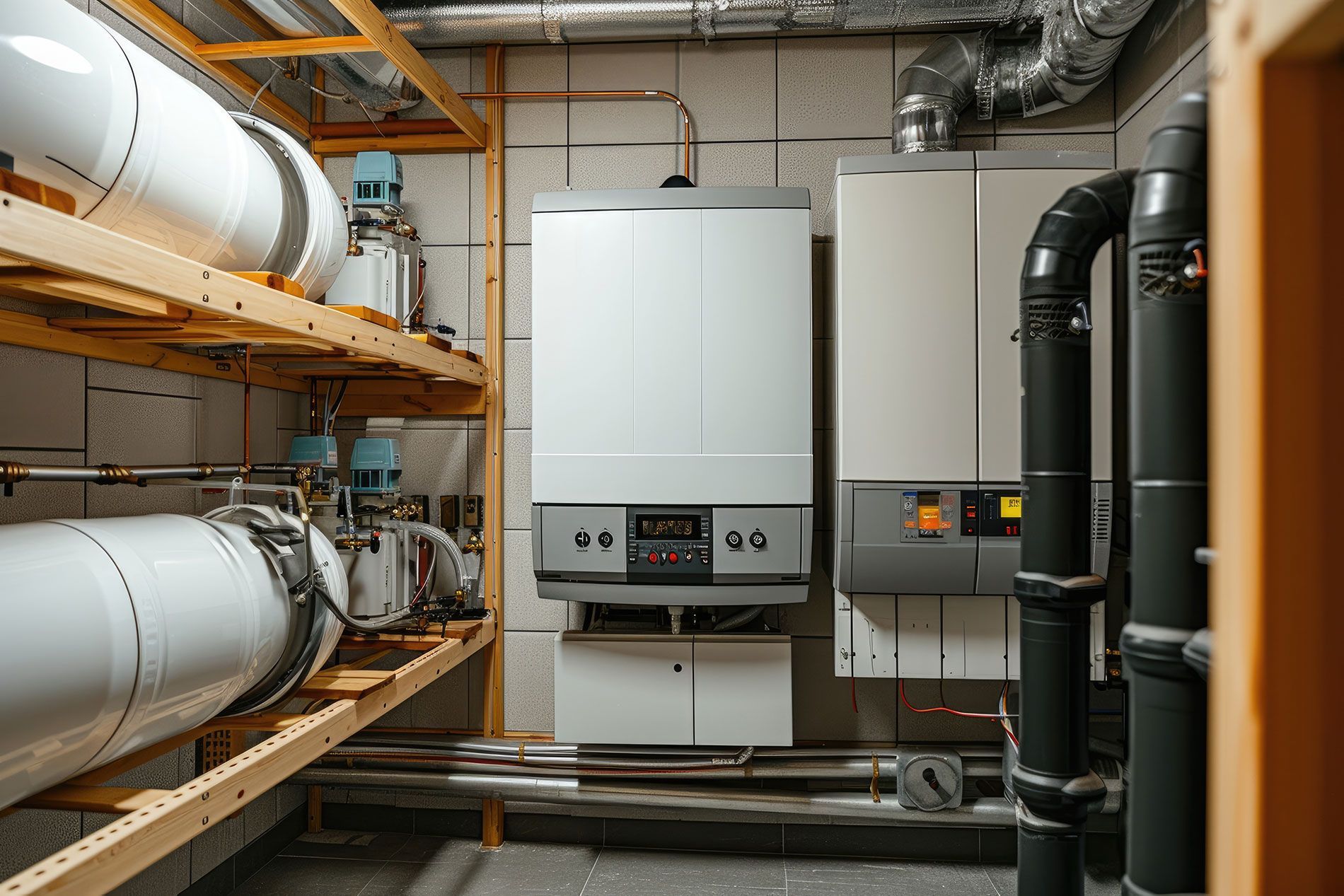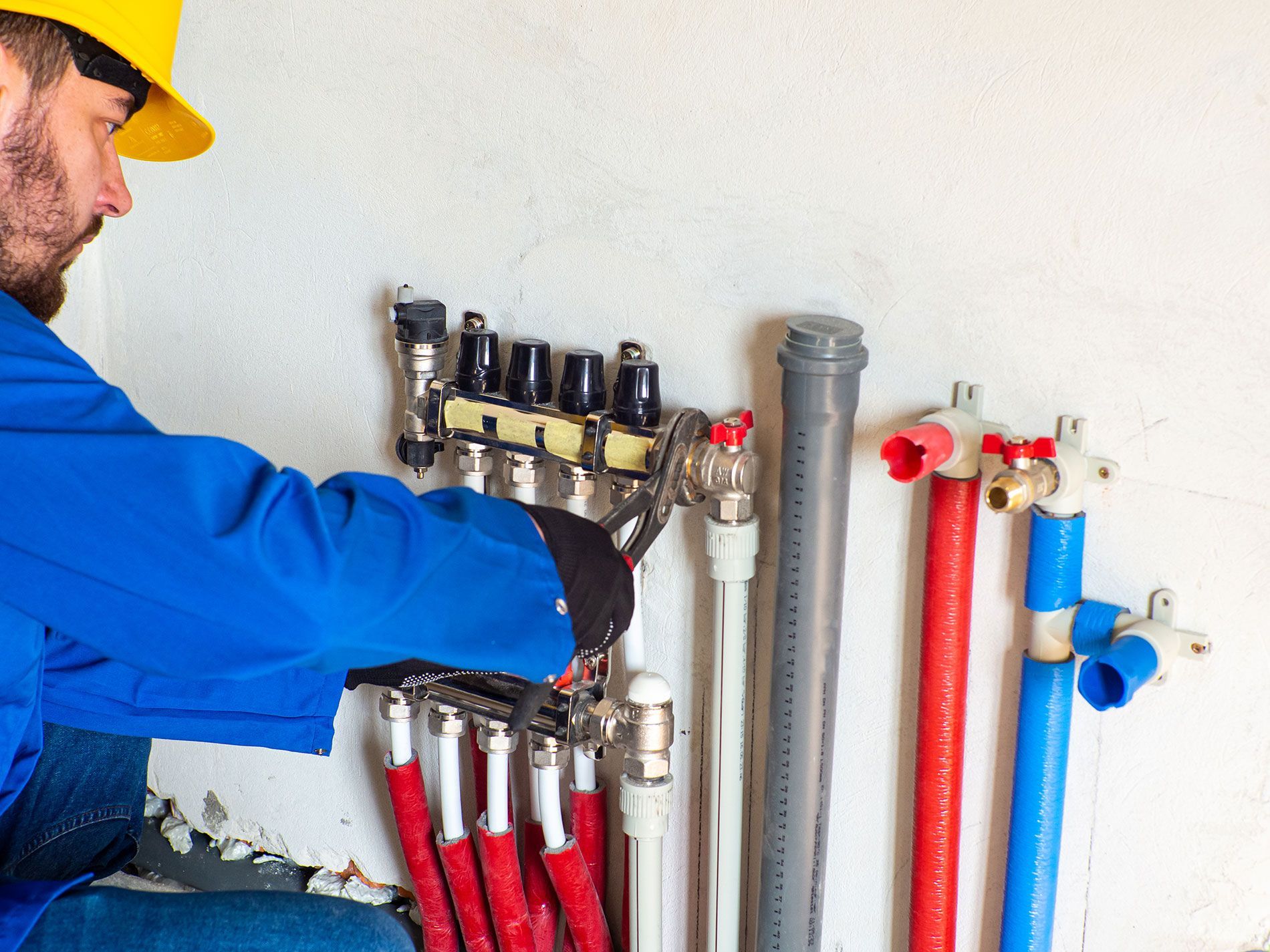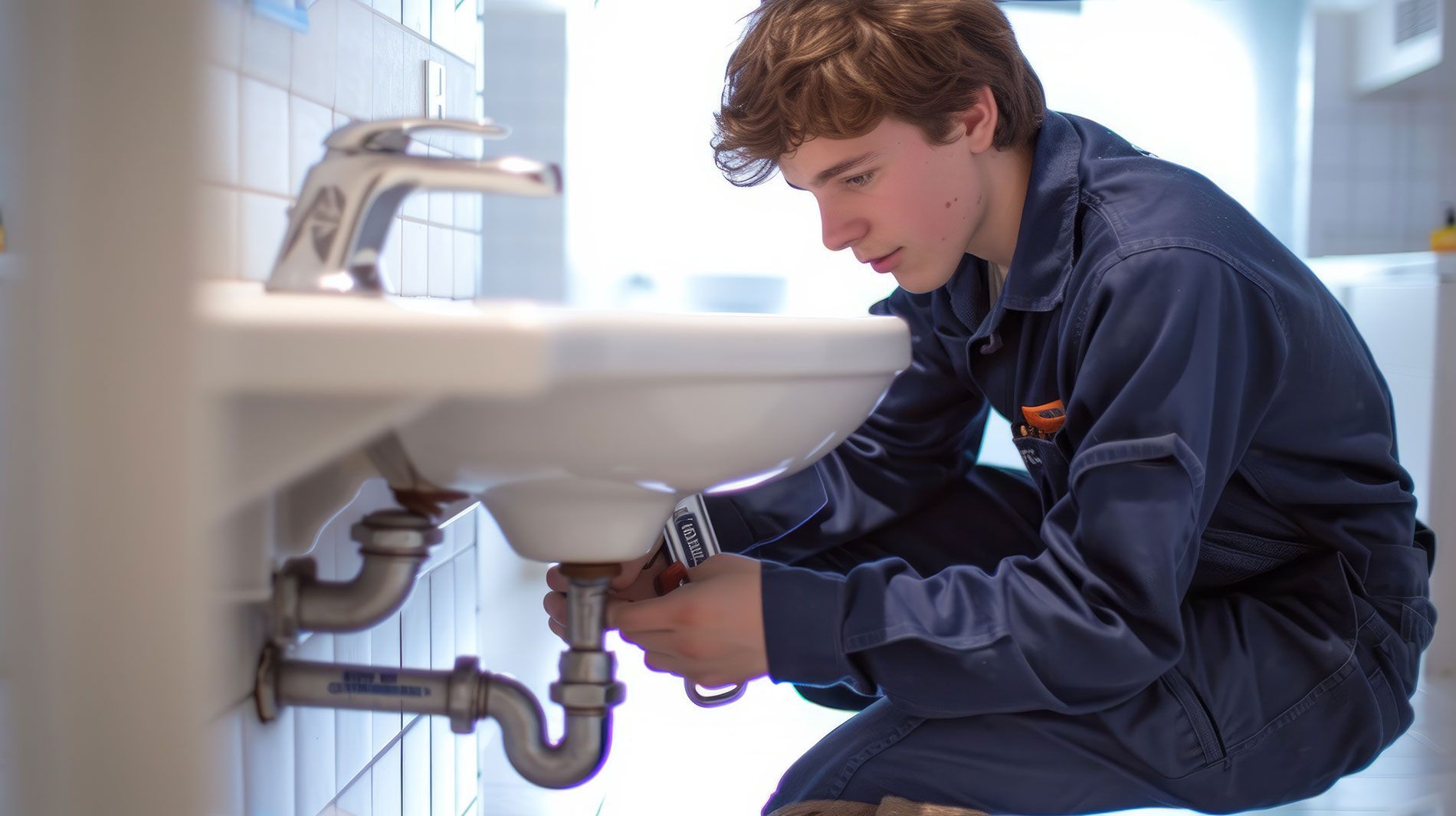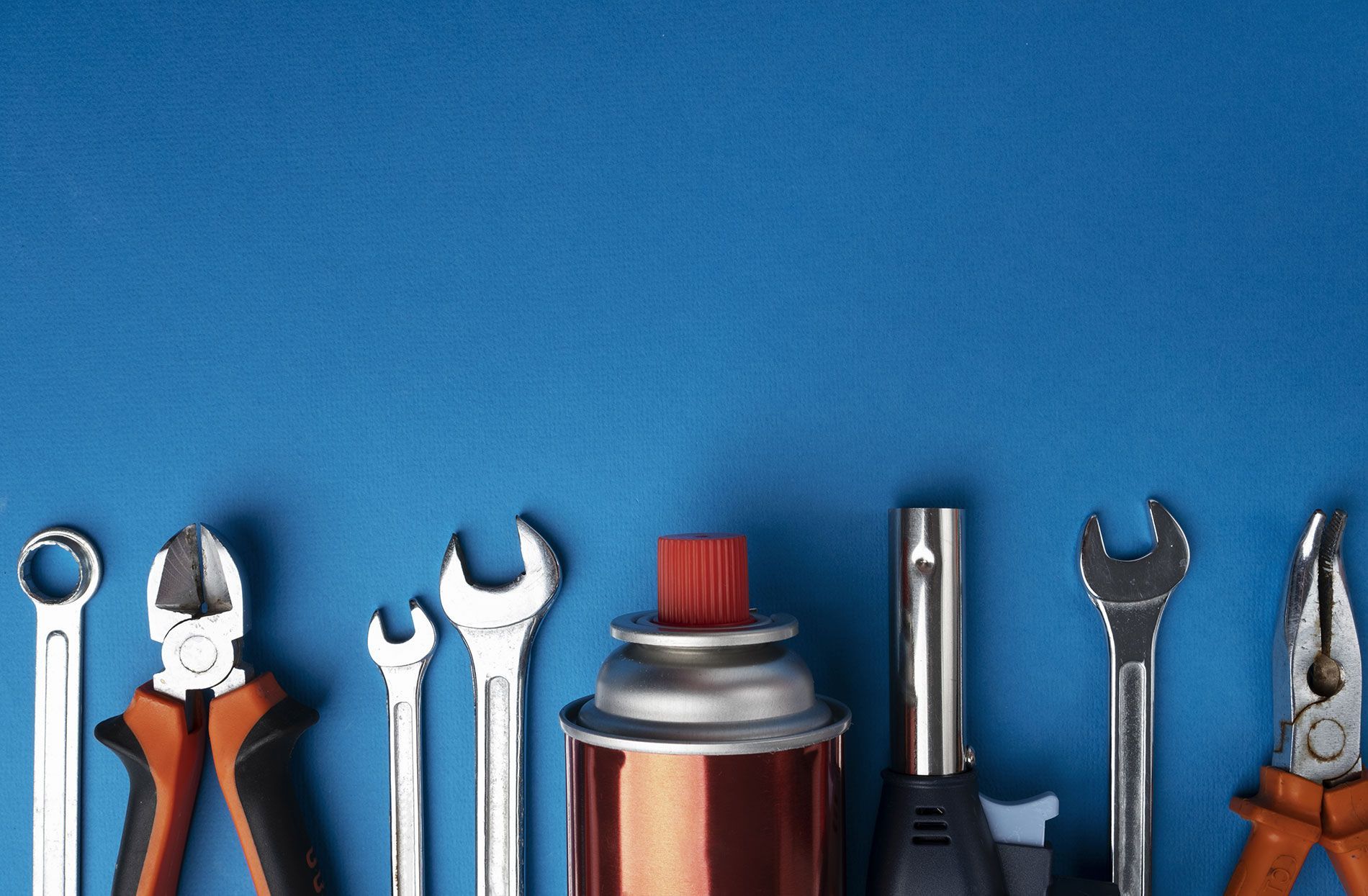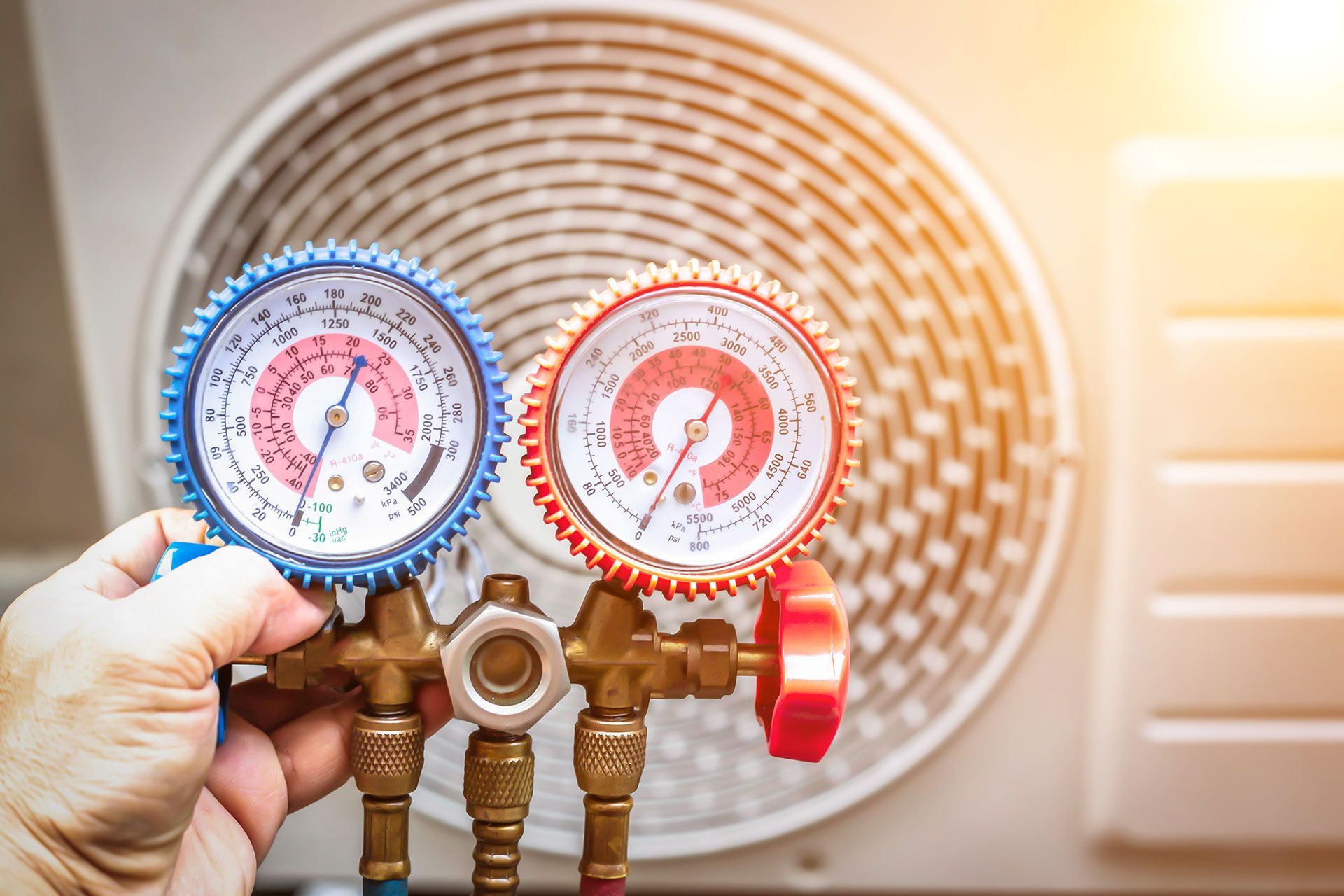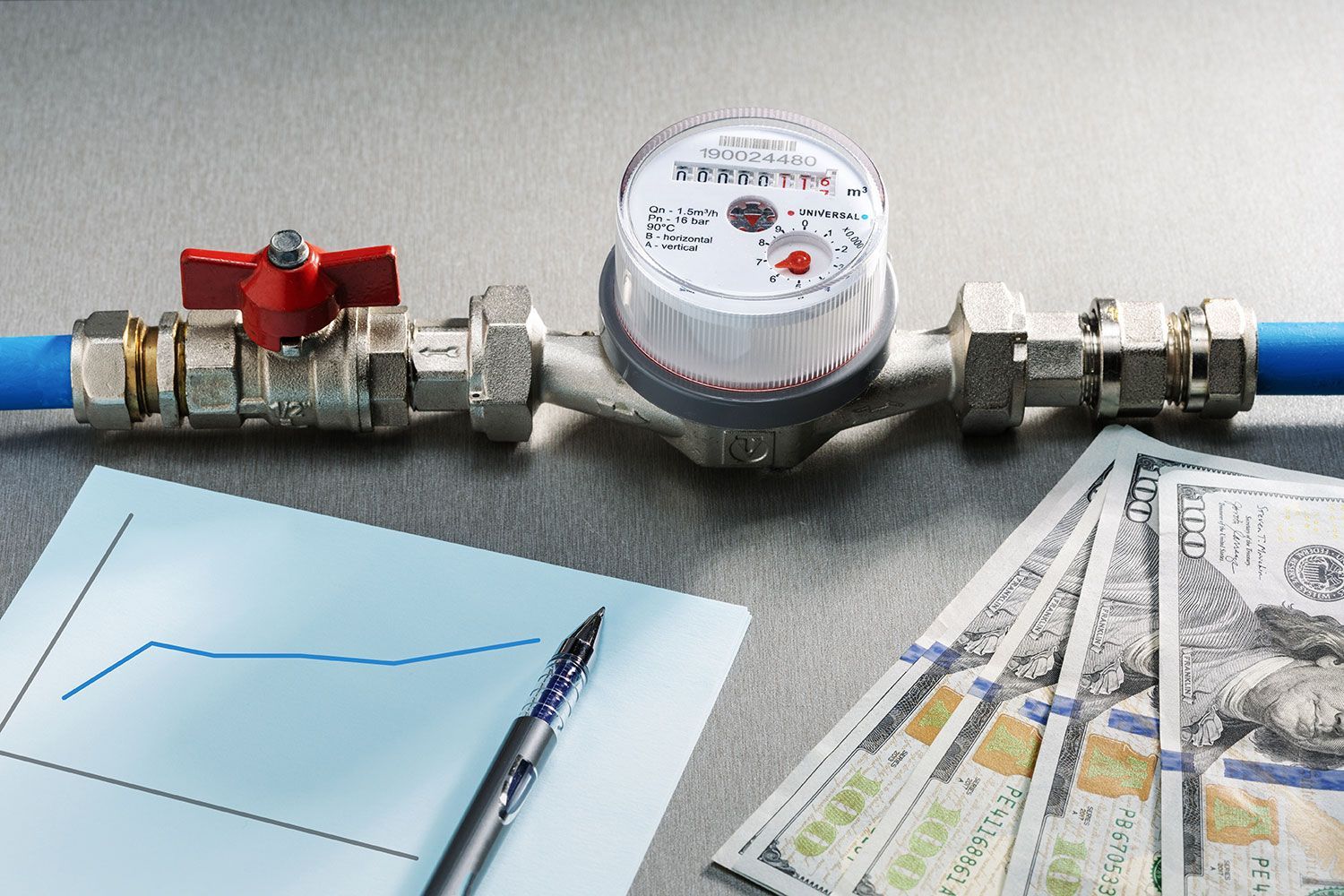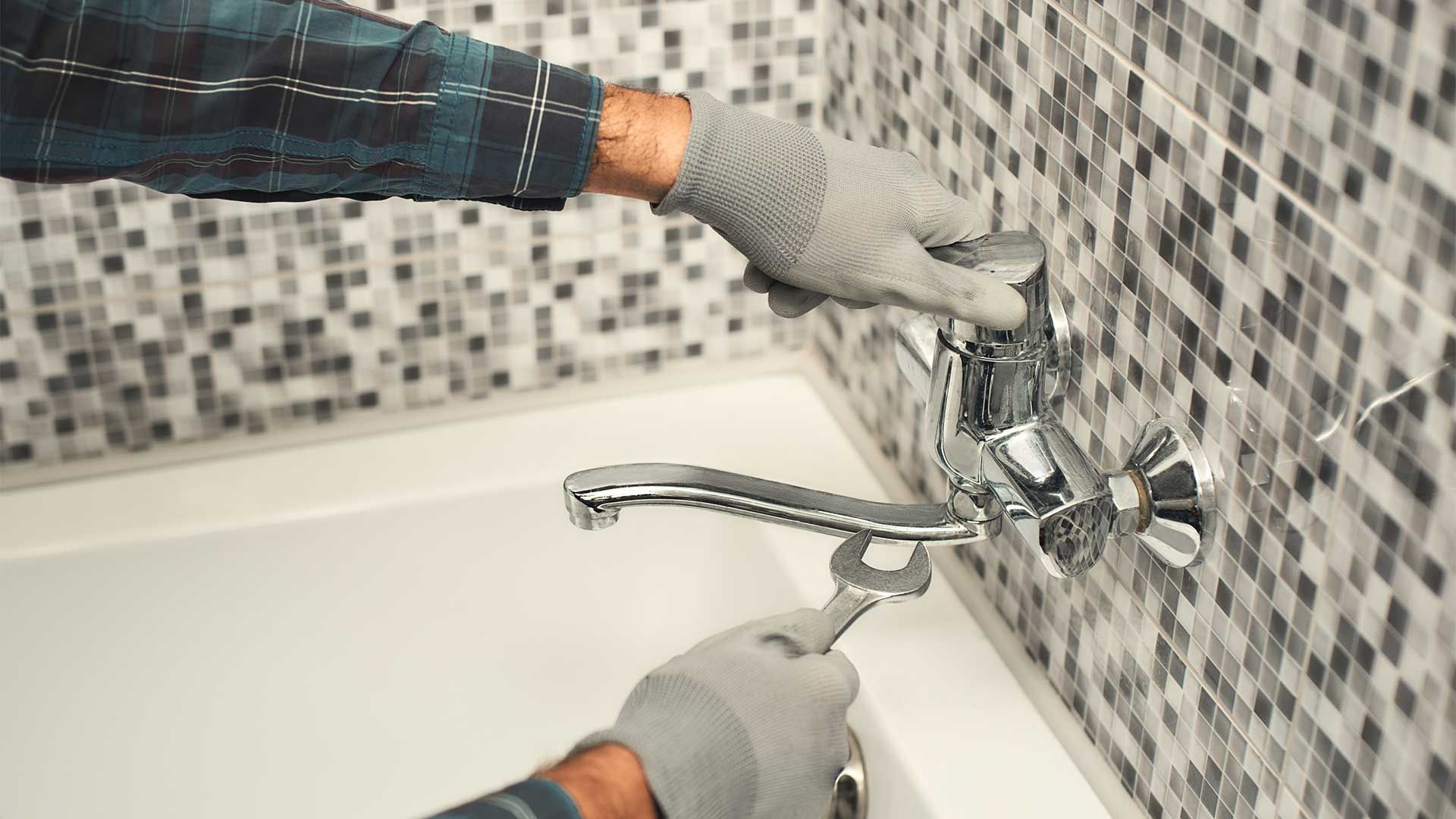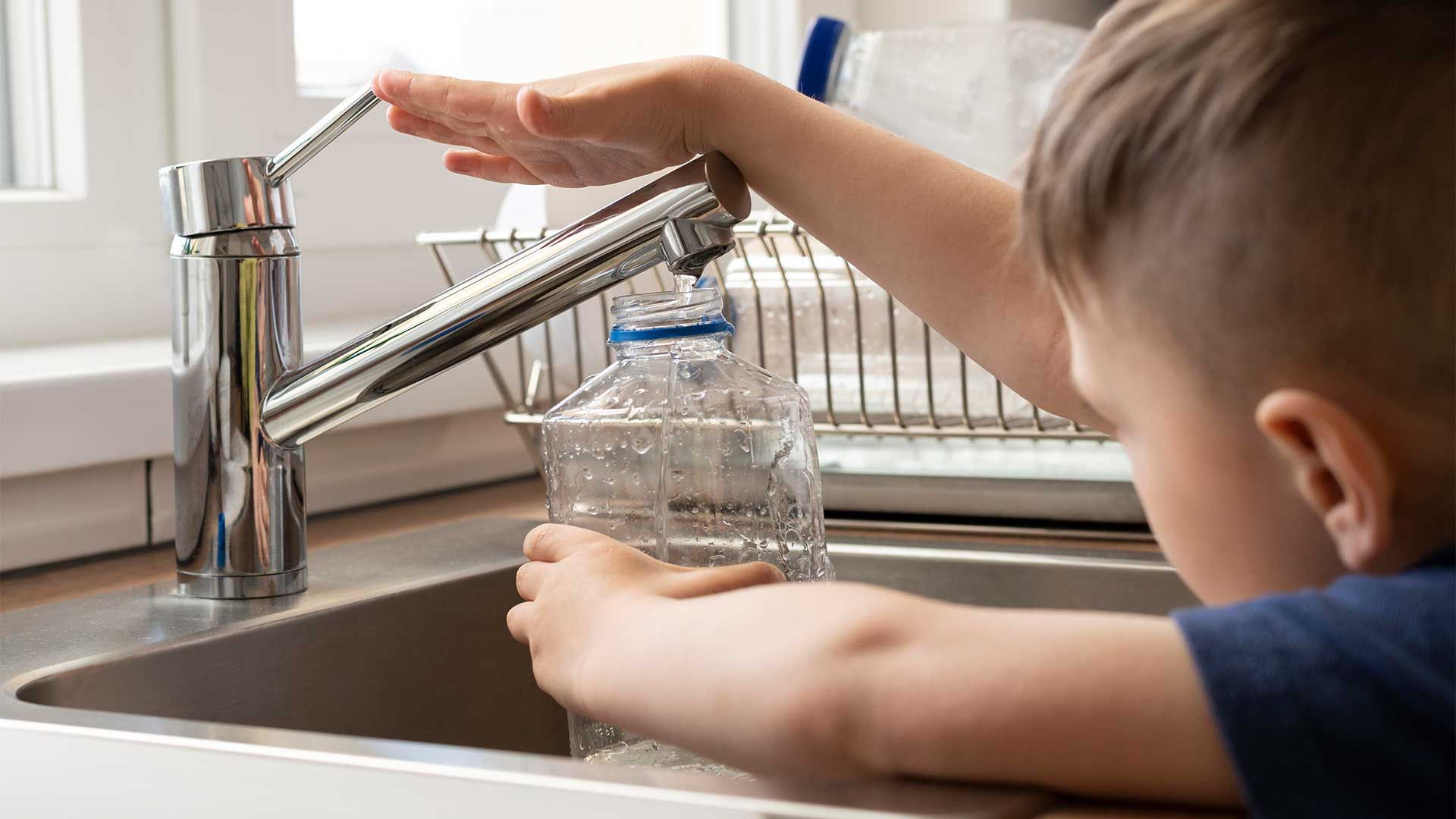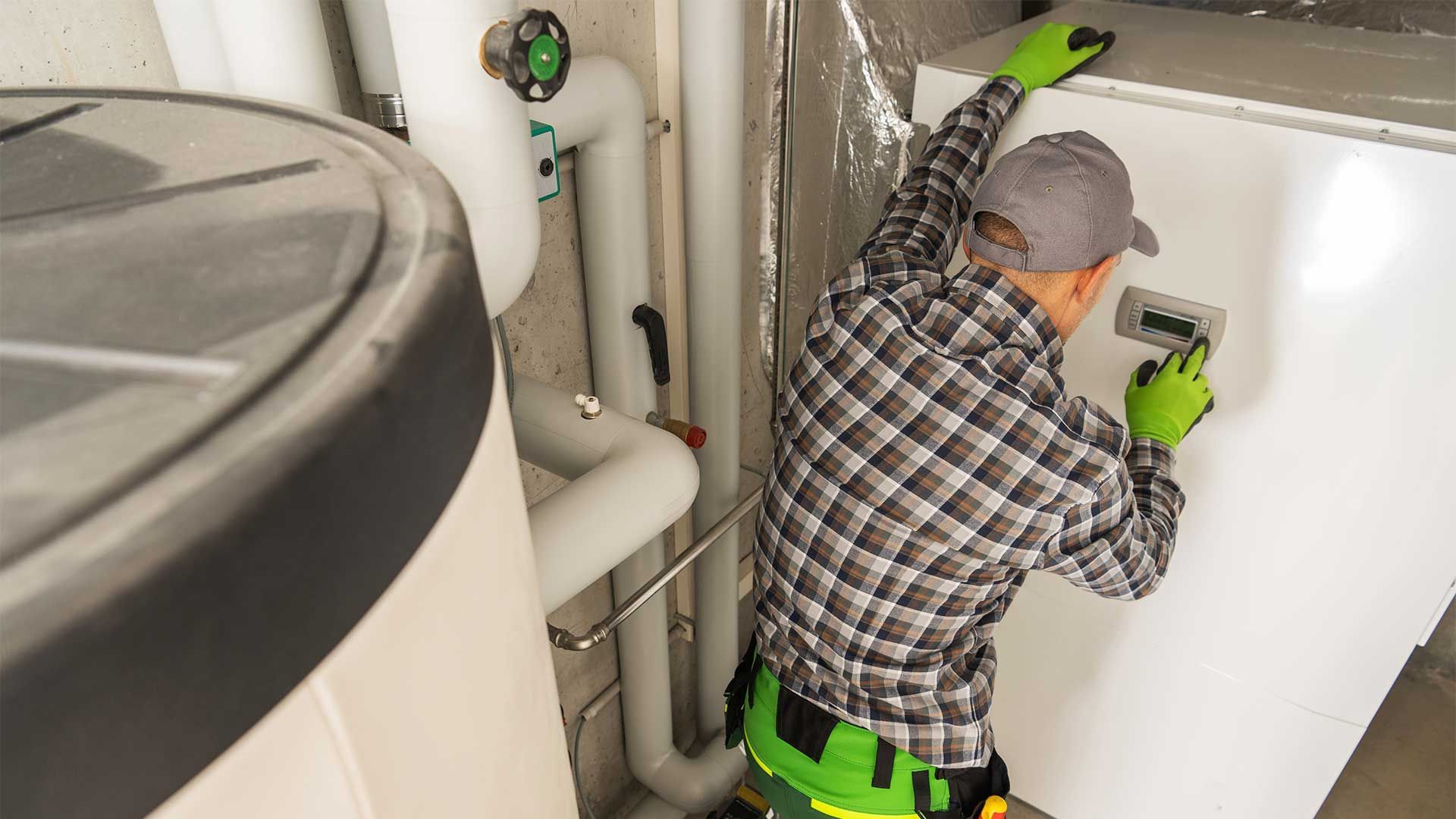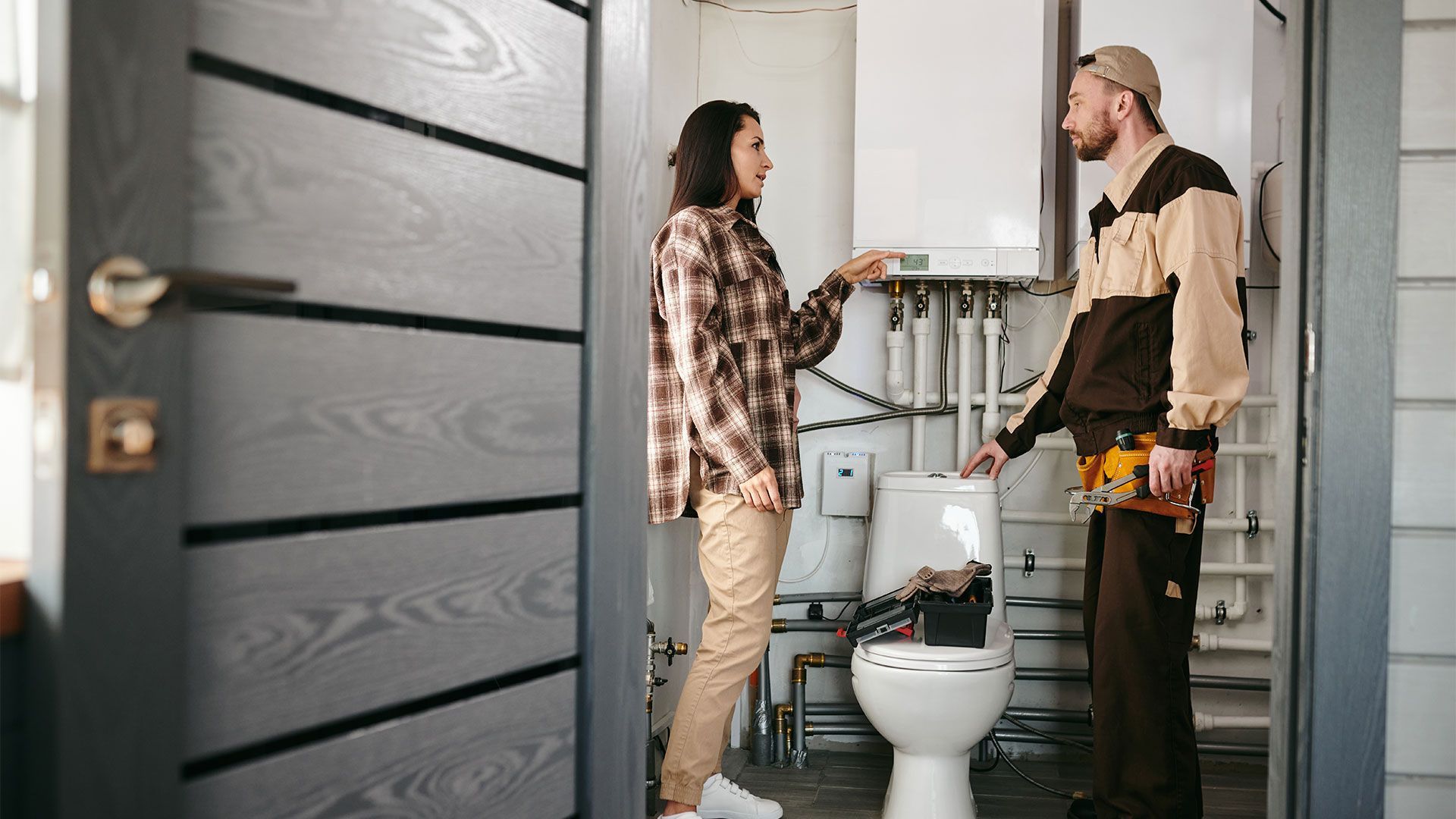Address: Santa Fe, New Mexico, United States
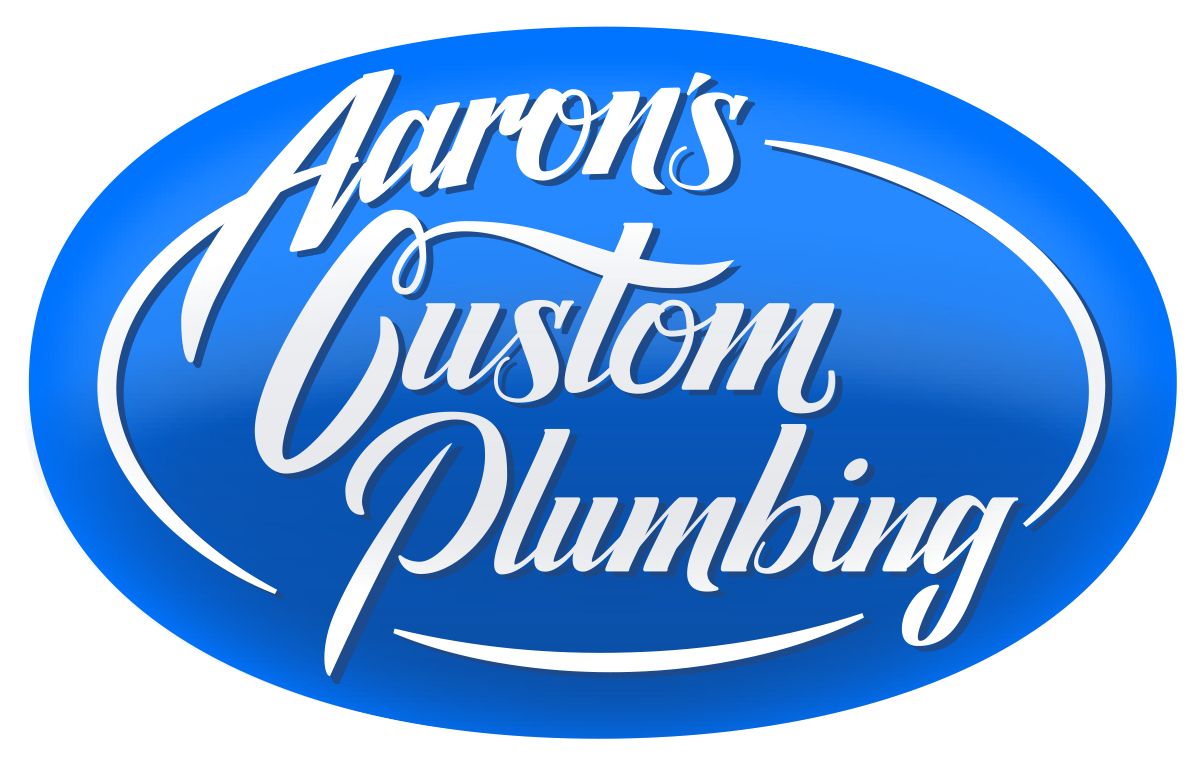

The Future of Heating: Exploring the Technological Advancements in Modern Boiler Systems
Modern boiler systems play a pivotal role in meeting the heating needs of both residential and commercial spaces. As technology advances, the evolution of heating systems becomes increasingly apparent, ushering in a new era of efficiency and sustainability. This article delves into the transformative landscape of heating technology, with a particular focus on the strides made in modern boiler systems. Understanding the importance of heating technology is paramount, given the pivotal role it plays in maintaining comfortable living and working environments. The ongoing evolution in this sector highlights a shift toward smarter, more efficient solutions. Here, we explore the cutting-edge technological advancements within modern boiler systems, shedding light on their impact on energy efficiency, sustainability, and overall heating performance.
Historical Context
Traditional heating methods, prevalent in the not-so-distant past, form the foundation of our exploration into the evolution of modern heating systems. These conventional approaches, characterized by simplicity, had their merits, but as we delve deeper, the article unravels the challenges and limitations embedded in these older heating technologies. The constraints of inefficiency, increased energy consumption, and environmental impact become apparent, driving the need for innovative solutions.
In response to these challenges, the article introduces early boiler systems as a pivotal advancement. This marks a crucial turning point in heating technology, laying the groundwork for the sophisticated and efficient modern boiler systems we now rely on. Understanding the shortcomings of traditional methods sets the stage for appreciating the significance of advancements in boiler systems and the broader landscape of contemporary heating technologies.
Key Components of Modern Boiler Systems
High-efficiency heat exchangers represent a paramount advancement in modern boiler systems, reshaping the landscape of heating technology. At the core of this innovation lies advanced heat exchange technology, a sophisticated process designed to optimize thermal transfer within the system. This section provides a comprehensive explanation of these cutting-edge heat exchangers, delving into the intricate mechanisms that enhance their performance.
By facilitating more efficient heat transfer, these advancements directly impact energy efficiency and contribute to a significant reduction in fuel consumption. The intricate design and functionality of high-efficiency heat exchangers not only elevate the overall efficiency of modern boiler systems but also underscore their role in promoting sustainability. As we explore the intricacies of this technology, the tangible benefits in terms of energy conservation and environmental responsibility become increasingly evident.
Renewable Energy Integration
In the pursuit of sustainable heating solutions, the integration of renewable energy sources stands out as a progressive approach. This section initiates a compelling introduction to renewable energy sources in heating, highlighting their pivotal role in mitigating environmental impact. As the discourse unfolds, attention turns to the innovative concept of hybrid systems, where boilers seamlessly integrate with solar or geothermal energy.
These hybrid configurations not only enhance the efficiency of modern boiler systems but also contribute significantly to environmental conservation. Delving into the environmental benefits and long-term sustainability of such hybrid setups, the article explores the positive impact on carbon footprint reduction and resource conservation. By embracing these forward-thinking solutions, the heating landscape evolves towards a more eco-conscious and sustainable future, aligning with the growing global emphasis on renewable energy integration.
Environmental Impact
The reduction of carbon footprint is a paramount goal in the realm of modern boiler systems, as these technological marvels actively contribute to lowering emissions. This section delves into the intricate ways in which modern boilers achieve this feat, emphasizing their environmentally conscious design and operational efficiency. Through advanced combustion technologies and high-efficiency components, these boilers minimize the release of greenhouse gases, fostering a cleaner and more sustainable heating environment.
A comparative analysis further underscores the environmental impact, drawing a stark contrast between the emission levels of older heating systems and the eco-friendly profile of modern counterparts. By exploring the tangible benefits of reduced carbon footprint, this article elucidates how the adoption of modern boiler systems not only enhances energy efficiency but also aligns with global efforts to combat climate change and create a more sustainable future.
Case Studies
In showcasing the real-world efficacy of modern boiler systems, this section offers a compelling array of success stories from installations across diverse settings. Through detailed case studies, readers gain insight into the tangible impact of these systems on energy consumption and cost savings. Examining the transformative outcomes of successful installations becomes a testament to the efficiency and reliability of modern boilers.
Demonstrating the direct correlation between upgraded heating systems and reduced energy consumption, the article illustrates the financial benefits in terms of substantial cost savings. To enrich the narrative, testimonials from individuals and businesses who have embraced these advancements provide firsthand accounts of enhanced comfort, reduced energy bills, and overall satisfaction. These real-world examples serve as powerful endorsements, encouraging readers to consider the practical advantages and positive experiences associated with upgrading to modern boiler systems in their own homes or establishments.
Challenges and Future Trends
Navigating the landscape of modern boiler systems comes with its set of challenges, explored in this section to provide a comprehensive understanding. From initial installation costs to adapting existing infrastructure, these challenges shed light on the considerations homeowners and businesses face when contemplating the shift to modern heating technology. However, amidst these hurdles, the article explores emerging trends in heating technology that promise to overcome current challenges.
Innovations such as improved materials, enhanced connectivity, and streamlined installation processes are paving the way for a more seamless adoption of modern boiler systems. Looking forward, the article presents predictions for the future of boiler systems, envisioning potential innovations that could redefine the industry. Whether it's advancements in smart technology, increased integration of renewable energy sources, or breakthroughs in efficiency, the future promises exciting developments that will further propel the evolution of heating technology.
What are the 3 types of boilers?
Boilers come in various types, each designed for specific applications and heating needs:
- Fire-Tube Boilers: These boilers have tubes containing hot gases produced by the combustion process, surrounded by water. They are commonly used for small to medium-sized applications.
- Water-Tube Boilers: In water-tube boilers, water flows through tubes, and hot gases surround them. These boilers are often more complex and are preferred for high-pressure applications, such as power generation.
- Combi Boilers: Combining both a water heater and a central heating boiler in one unit, combi boilers provide hot water on demand and are space-efficient. They are popular for residential applications.
Understanding the differences between these boiler types is crucial for selecting the most suitable system for specific heating requirements.
What are modern steam boilers?
Modern steam boilers are advanced heating systems that utilize steam as a medium to transfer heat for various applications. They incorporate cutting-edge technology to improve efficiency, safety, and environmental impact. Unlike traditional steam boilers, modern versions often feature advanced controls, high-efficiency components, and safety measures. These boilers are designed to optimize energy consumption, reduce carbon emissions, and provide precise control over the heating process.
Modern steam boilers play a crucial role in industries and facilities where high-temperature steam is essential for processes such as power generation, manufacturing, and heating large spaces. Their advancements contribute to increased efficiency and sustainability in steam-based applications.
Conclusion
In this reflection on the technological evolution of heating, Aaron's Custom Plumbing brings you a comprehensive recap of key advancements discussed – from high-efficiency components to renewable energy integration and smart technology. We earnestly encourage embracing modern boiler systems for their remarkable benefits: heightened energy efficiency, reduced carbon footprint, and long-term cost savings. At Aaron's, we emphasize the transformative impact of these innovations on the future of heating. It's more than just comfort; it's about contributing to a sustainable and eco-conscious approach. Upgrade your heating with us and be part of a promising and efficient future. For expert guidance and installations, call Aaron's Custom Plumbing at (505) 204-2111 and step into a heating revolution tailored for tomorrow.
FAQs
-
What are modern boiler systems, and how do they differ from traditional heating methods?
Modern boiler systems are advanced heating solutions that utilize cutting-edge technology for efficient and sustainable space heating. Unlike traditional methods, modern boilers incorporate features such as high-efficiency heat exchangers, condensing technology, and smart controls to optimize performance, reduce energy consumption, and lower environmental impact.
-
How do high-efficiency heat exchangers contribute to the effectiveness of modern boiler systems?
High-efficiency heat exchangers play a crucial role in modern boiler systems by optimizing the transfer of heat within the system. These advanced components enhance energy efficiency, resulting in reduced fuel consumption and lower operating costs. The improved heat exchange process contributes to a more sustainable and environmentally friendly heating solution.
-
Can modern boiler systems be integrated with renewable energy sources?
Yes, modern boiler systems can be integrated with renewable energy sources such as solar or geothermal energy. Hybrid systems that combine boilers with renewable technologies offer an environmentally conscious approach to heating, reducing reliance on non-renewable resources and minimizing the carbon footprint.
-
What environmental benefits do modern boiler systems provide, particularly in terms of reducing carbon footprint?
Modern boiler systems contribute to lower emissions and reduced carbon footprint through advanced combustion technologies and high-efficiency components. By optimizing fuel combustion and minimizing energy waste, these systems help combat climate change and promote environmental sustainability.
-
What are the current challenges in adopting modern boiler systems, and how are emerging trends addressing these issues?
Challenges in adopting modern boiler systems may include initial installation costs and adapting existing infrastructure. However, emerging trends in heating technology, such as improved materials, enhanced connectivity, and streamlined installation processes, are addressing these challenges and making the adoption of modern boiler systems more accessible and seamless for homeowners and businesses.
Phone: (505) 204-2111 | Email: aaronscustomplumbing@gmail.com | Address: Santa Fe, New Mexico
Areas Served
Santa Fe, Eldarado, Tesuque
